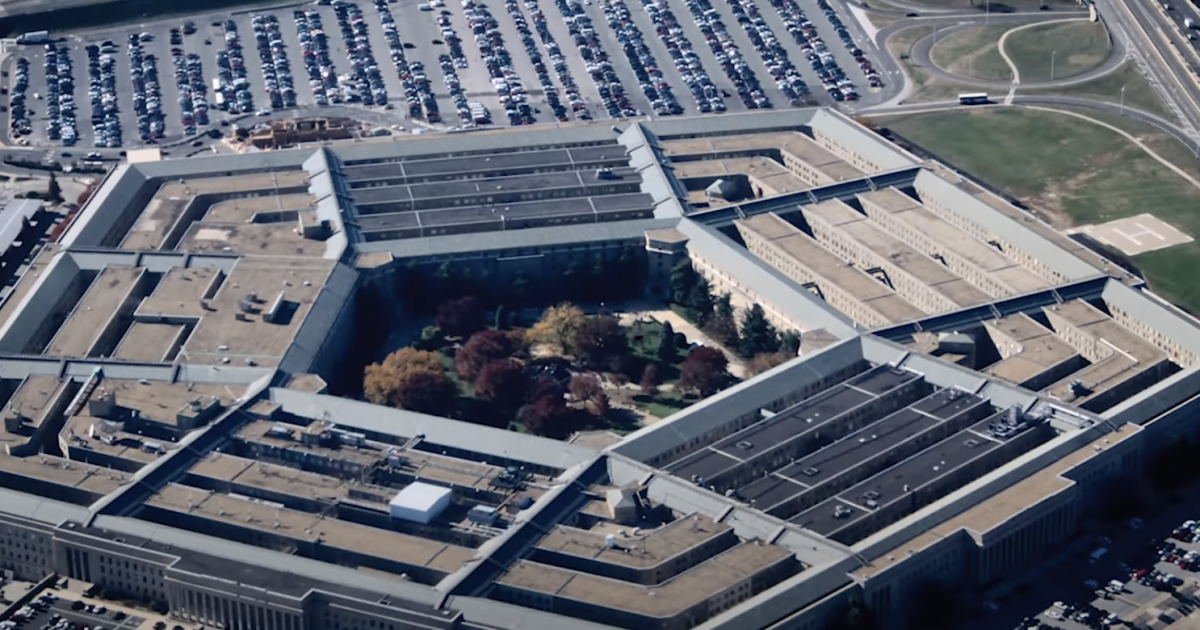
Despite the neocon outcries in the aftermath of Joe Biden’s decision to withdraw troops from Afghanistan, the US remains the global superpower in terms of its military presence abroad. When compared to its peers in the U.N. Security Council, the US is leaps and bounds ahead of them when it comes to its military footprint.
Statista’s Katharina Buchholz provided an overview of the five permanent members of the U.N. Security Council’s permanent military presence abroad in the form of the following graphic illustrations:

Despite the constant fear-mongering about China from certain hawks in the American international relations space, China has the smallest overseas presence among its peers in the U.N. Security Council. China’s base in Djibouti is its most high profile military installation, where it has an army support base. Buchholz also observed that China “has a small unofficial presence in Tajikistan, close to the Afghanistan border, as well as an interception facility on an island belonging to Myanmar.”
Indeed, China is an emerging power that has aspirations of securing its interests abroad. So it will make moves to expand its military footprint to secure shipping lanes and protect its supply chains. Currently, China is making moves to set up new military bases in Cambodia, Tanzania, and the United Arab Emirates, along with Kiribati, which Buchholz noted “lies within striking distance of Hawaii.”
Bucholz outlined the US’s formidable military presence below:
The US military has major bases in almost 30 countries and territories around the world – from Guantanamo Bay in Cuba to a joint training base with the Australian military in the country’s Northern Territory – even though the count of every U.S. military presence abroad encompasses 700 locations in around 80 foreign countries/territories.
The United Kingdom has a vast network of military bases abroad, although it pales comparison to the US’s military power. France’s military bases are generally a vestige of its historic role in colonizing large swathes of Africa.
Russia’s military footprint has striking continuity with its imperial past where its presence is predominantly situated in the “Soviet Union’s former territories and allies in Eastern Europe, the Caucasus and Central Asia.”
The US still remains the pre-eminent military power on the world stage. Nonetheless, the US should retool its foreign policy and shift its focus to defending its border and mostly focus on securing the Western Hemisphere. There comes a point where other countries have to start defending themselves and not exclusively rely on the US for their security needs.



